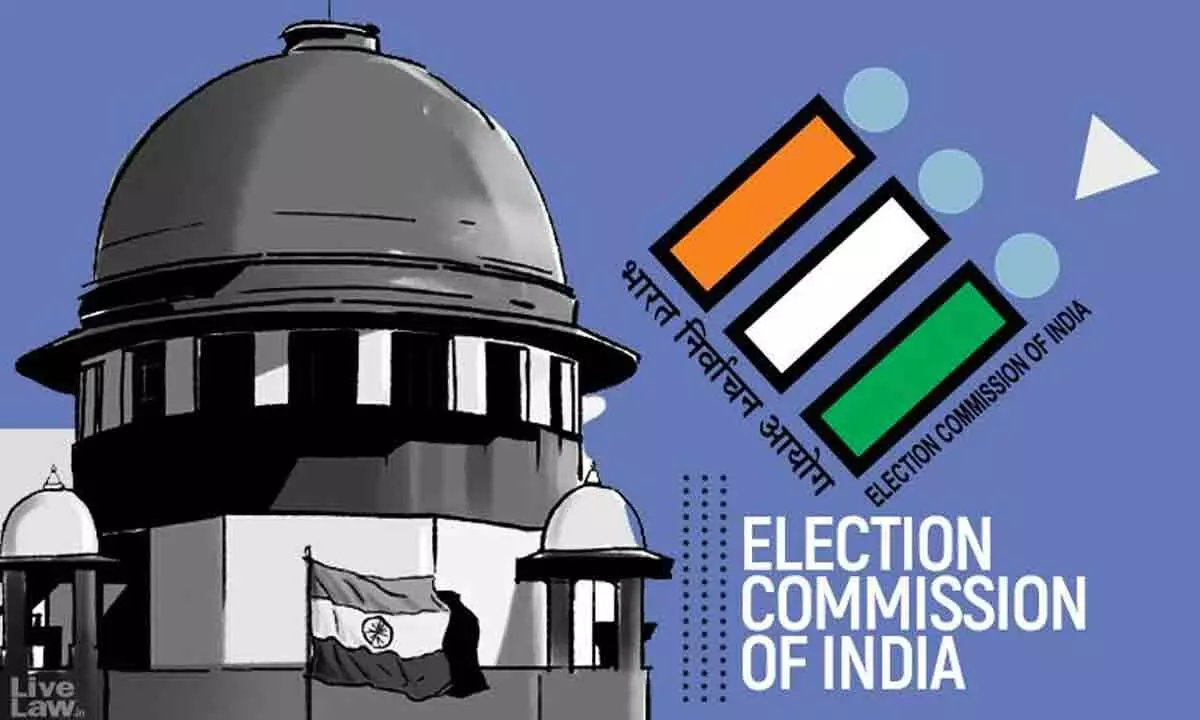Live
- Nominations for Prime Minister’s ‘Yoga Awards 2025’ now open
- J&K: Brief exchange of fire along LoC in Poonch sector
- TPCC Defends Revanth Reddy’s Remarks on PM Modi’s Caste, Hits Back at BJP
- KTR Accuses Congress Government of Neglecting Gurukuls, Claims Institutional Collapse
- Progress of country, tribals are inter-linked: President Murmu
- FIH Women’s Pro League: England thwart India fightback, win bonus point in shootout
- Metro Railway Kolkata to evacuate stranded rakes from tunnels using battery power
- Controversy Over Congress President’s Remarks on Maha Kumbh Mela
- CM Urges H.D. Deve Gowda to Stand Above Politics for Karnataka’s Water Rights
- Unseeded Kyrian Jacquet upsets second seed Billy Harris to win Delhi Open 2025 singles title









